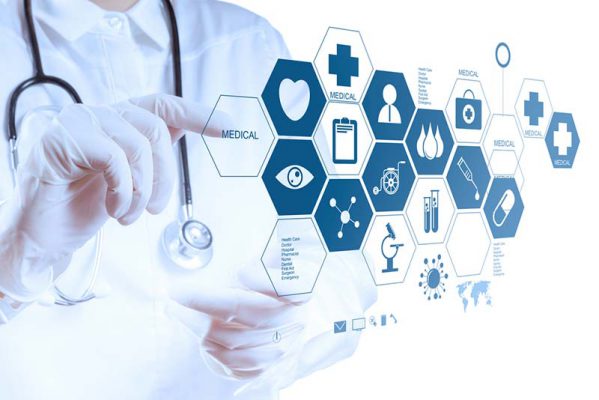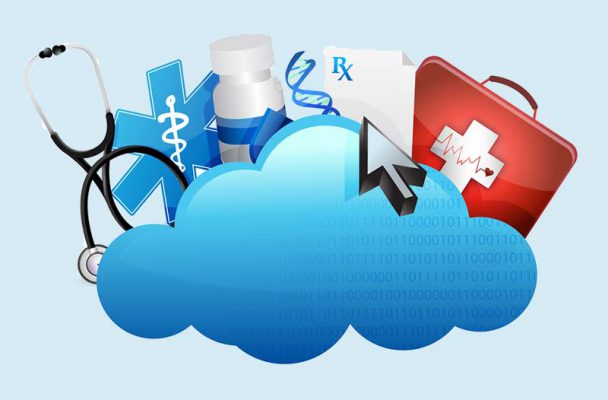Compliance, Security and Collaboration

All of the clinical equipment in healthcare offices are beginning to transition from those that create paper-based records to those that now produce digital records that can be viewed anywhere in the world. Plus, when you’re done entering patient data, it’s now a part of the patient’s permanent medical record. As a healthcare company, compliance and security are always forefront in your mind as you consider making any change to your core business application suite or to the underlying network infrastructure. Stress no more. Adopting a centralized cloud-based security solution for your network ensures that the transmission of those records is safe when traversing the public and private internet.
Security
The No. 1 concern of using cloud-based applications in healthcare is security and compliance with HIPAA, and more recently with the Medicare Improvements for Patients and Providers Act (MIPPA). Healthcare can approach Collaboration as a Service (CaaS) systems a little differently now. There should be little concern about moving to the cloud considering that patient information does not reside in the cloud. The key to establishing cloud security with a phone system is ensuring that it is operating on a secure network, and anchored by an actively managed, centralized security application. Secure networks can be Virtual Private Networks (VPN), Multiprotocol Label Switching (MPLS) or industry disrupters like Software-Defined Wide Area Networks (SD-WAN) with centralized security applications to protect the data flowing in and out of your network.
Call Recording
When it comes to privacy and HIPAA/MIPPA compliance, special attention should also be paid to call-recording features. Your organization should create a solid policy in terms of what type of phone calls can be recorded. In addition, stipulating who needs to have access to those recordings afterward is also a priority. It is wise to take a conservative approach when you’re dealing with very confidential patient information, and it is best to involve your legal department in the analyses of all the ramifications that result from recording patient phone calls. There are collaboration providers who have HIPAA/MIPPA- compliant recording software to help make those decisions easier. Again, it is critical that you make sure the data transmission (in this case voice traffic) is protected by a centralized security solution operating on your network.
EHR systems
In addition, further integration is now available with Electronic Health Records (EHR) and Voice over Internet Protocol (VoIP) technology. Below are some incentives for the meaningful use of EHR.
- Improve care coordination
- Reduce healthcare disparities
- Engage patients and their families
- Improve population and public health
- Ensure adequate privacy and security
Imagine a world where a patient calls a healthcare entity and his or her records “pop up” for the triage nurse, who is notified of vital information (reminders for appointments or medication refills) on which he should update the patient. The need for security is paramount, both outside-in with security options such as Distributed Denial of Service (DDoS), or with inside-out security options that combine behavioral analytics to censor any rogue patterns in data flow. Think of security as a digital video recorder. If something catches your attention or you miss something, play it back and then take action on it. Voice will continue to be an integral part of patient care, and bringing collaboration and security to patient care will improve outcomes across the meaningful use continuum.



